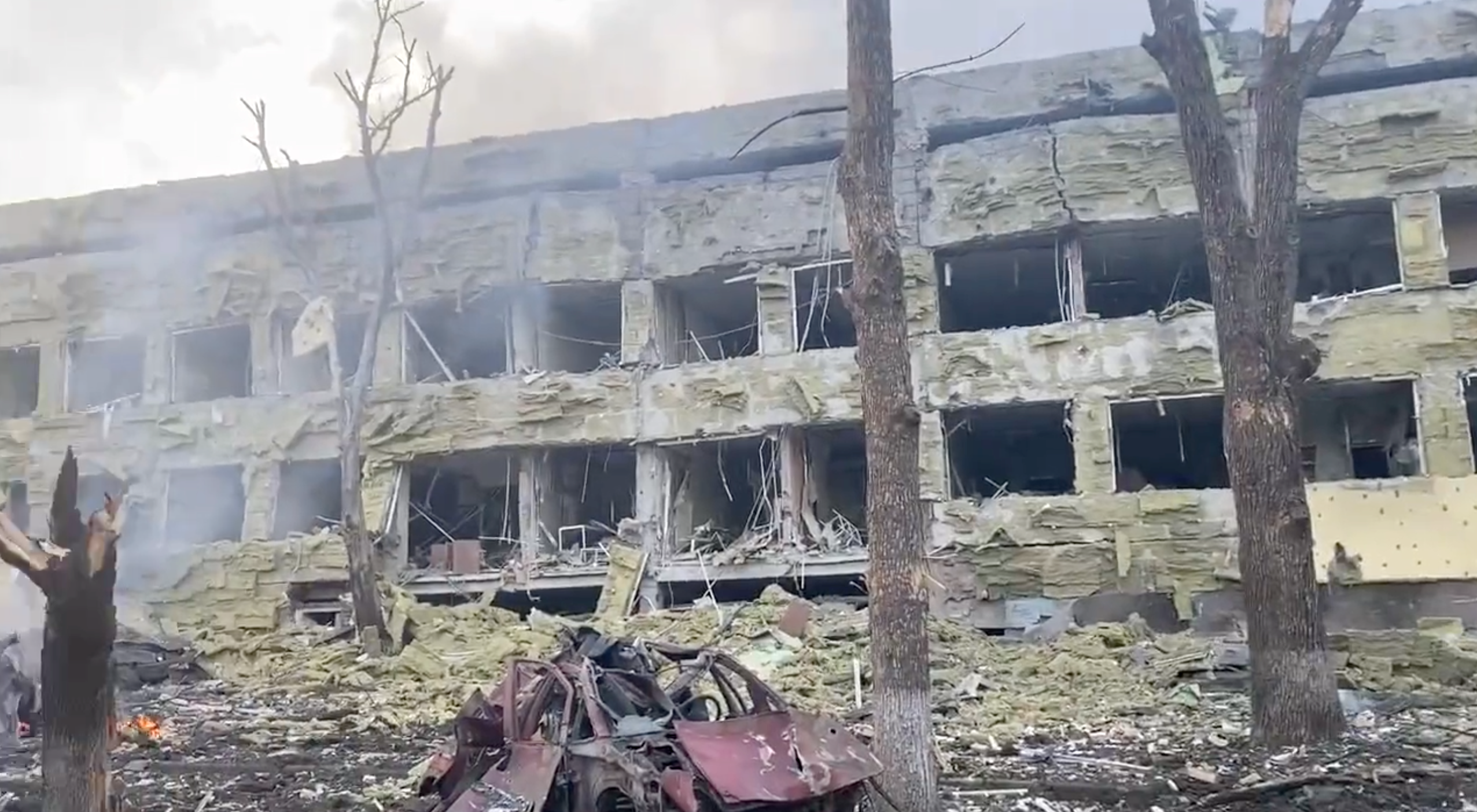insider@insider.com (Isobel Asher Hamilton)

A veteran who started an Amazon delivery business told Protocol he wanted to shut it down.
He said he was afraid of exit fees he could owe Amazon if he terminated his contract.
He said Amazon charged for damages to the vans and the damages could run upward of $100,000.
A veteran who set up an independent business delivering packages for Amazon told Protocol he wanted to shut his business down but was too afraid of anticipated exit fees from Amazon.
Amazon's vast delivery network is partly made up of delivery service partners, third-party contracted firms that deliver the tech giant's packages to customers.
The veteran, along with other DSP owners who spoke with Protocol, said they were dependent on federal Paycheck Protection Program loans to bolster their income or they previously were.
The veteran told Protocol he wanted to close his business but was too scared of the exit fees he could incur.
"They make it extremely difficult for you to get out of the program," he said. "If I were to say, 'Hey, I can't do this anymore,' they write down every nick or scratch on a vehicle; the average person that tries to return the vehicle, you're looking at well over $100,000 of damages they are going to find in your fleet."
Amazon did not immediately comment when contacted by Insider about Protocol's report.
Amazon offers DSP owners a "flexible lease" option that lets them lease Amazon-branded vans from an unnamed "third party fleet management company."
The veteran set up his DSP after he saw an ad that specifically encouraged veterans to apply by saying the usual requirement for applicants to have $10,000 in startup cash could be waived for veterans, he told Protocol.
Protocol granted the veteran and other DSP owners it spoke with anonymity because they were afraid Amazon might retaliate against them.
Vice also published a report on Monday about Amazon DSP owners shutting down their businesses.
One delivery service partner told Vice she shut down her business in October because she was falling into debt and showed the publication an invoice for $64,465 for damages on 20 vans.
Delivery service partners have butted heads with Amazon before over the degree of control it exerts over them and their drivers.
A woman who started a DSP business filed a lawsuit against Amazon in January alleging the tech giant squeezed her profit margins with its performance standards.
That lawsuit said Amazon charged delivery service partners for returned vehicles through its van-leasing contractor when a DSP contract was terminated and that one person was charged "$19,000 in exit fees each for multiple vans."
CNN reported in September that two delivery service partners threatened litigation against Amazon over working conditions for their drivers. After the legal threat, Amazon terminated its contracts with them. They then filed a lawsuit against Amazon in October alleging it made "unreasonable" demands of their drivers, Bloomberg reported.











